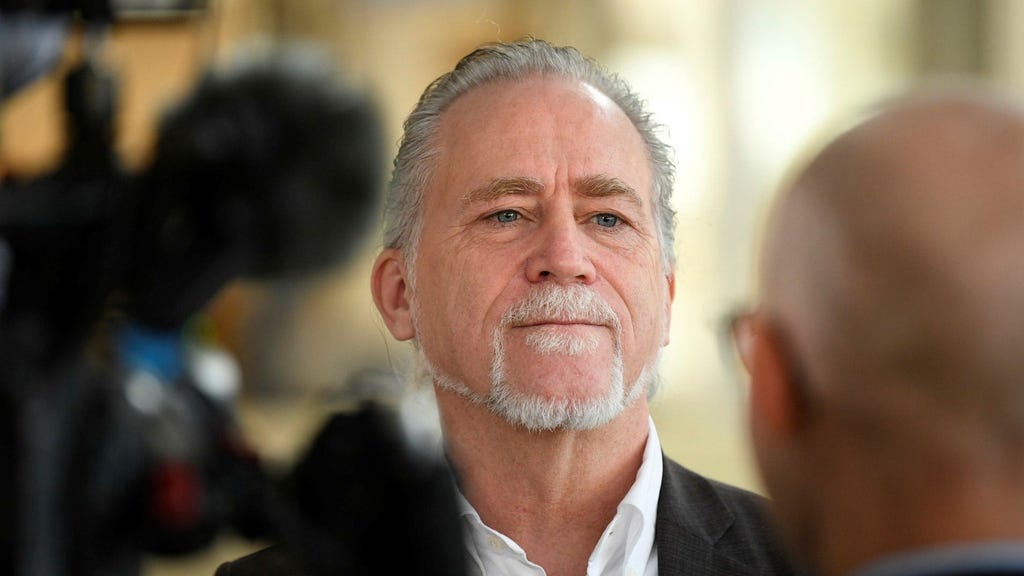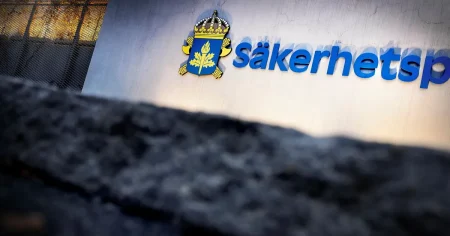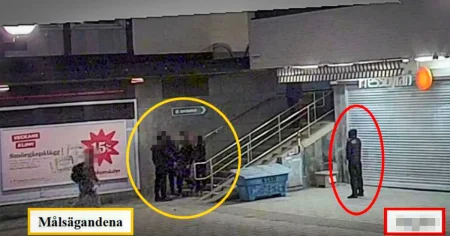The Swedish newspaper Dagens Nyheter (DN) has unleashed a series of articles exposing the negligent handling of sensitive information by Henrik Landerholm, the Swedish Prime Minister’s National Security Advisor. These incidents range from leaving classified documents unattended at a conference center, where they were subsequently discovered by an unauthorized individual, to misplacing his mobile phone at the Hungarian Embassy and a notebook at Sveriges Radio (Swedish Radio). These security lapses have drawn sharp criticism from security experts who deem them serious breaches, potentially jeopardizing national security. Given Landerholm’s pivotal role advising the Prime Minister, the information he handles is highly sensitive and its compromise could have significant repercussions.
The gravity of these revelations has spurred calls for Landerholm’s resignation from opposition parties. The Social Democrats and the Left Party were the first to demand his removal, and they have now been joined by the Green Party. Daniel Helldén, spokesperson for the Green Party, publicly expressed their lack of confidence in Landerholm and questioned the Prime Minister’s continued support for him in such a critical role. The accumulating evidence of Landerholm’s carelessness has raised serious concerns about the overall security culture within the government offices under Prime Minister Ulf Kristersson’s leadership.
The controversy surrounding Landerholm deepened with further revelations from Ekot, Sveriges Radio’s news department. It emerged that the notebook left at Sveriges Radio was not retrieved by Landerholm himself, nor by any of his staff, but was instead returned via an unknown taxi driver. This revelation further fueled the opposition’s criticism and amplified concerns about the potential security risks associated with such lax procedures. The continued emergence of these incidents paints a troubling picture of security practices within the government and underscores the need for accountability.
Adding another layer to the controversy, sources within the Moderate Party, the Prime Minister’s own party, have suggested that Landerholm is being shielded due to his close personal and familial ties with powerful figures. Landerholm is a childhood friend of Prime Minister Kristersson and the brother of Karin Enström, the Moderate Party’s Secretary. This perceived preferential treatment has sparked discontent within the party, with some members arguing that anyone without such connections would have been immediately dismissed. These internal divisions further complicate the situation and raise questions about the impartiality of the government’s response to the security breaches.
The prevailing strategy of the government and the Moderate Party appears to be one of damage control, hoping the controversy will subside without further revelations. Prime Minister Kristersson has downplayed the opposition’s calls for Landerholm’s resignation, dismissing them as typical political disagreement. While acknowledging the seriousness of the security lapses, he has expressed confidence in the government’s internal security assessment and stated that he has no reason to question their judgment. He also indicated that the Government Offices will investigate the incidents to ensure all procedures were followed correctly, seemingly aiming to project an image of transparency and due process.
However, critics argue that this approach is insufficient and that the Prime Minister’s response lacks the decisive action required to address the seriousness of the situation. The continued support for Landerholm, despite mounting evidence of negligence, raises questions about the government’s commitment to accountability and security protocols. The opposition parties maintain their demand for Landerholm’s resignation, arguing that his continued presence in such a sensitive role undermines public trust and compromises national security. The ongoing controversy highlights the tension between political expediency and the imperative to uphold rigorous security standards, leaving the government facing increasing pressure to take decisive action.













